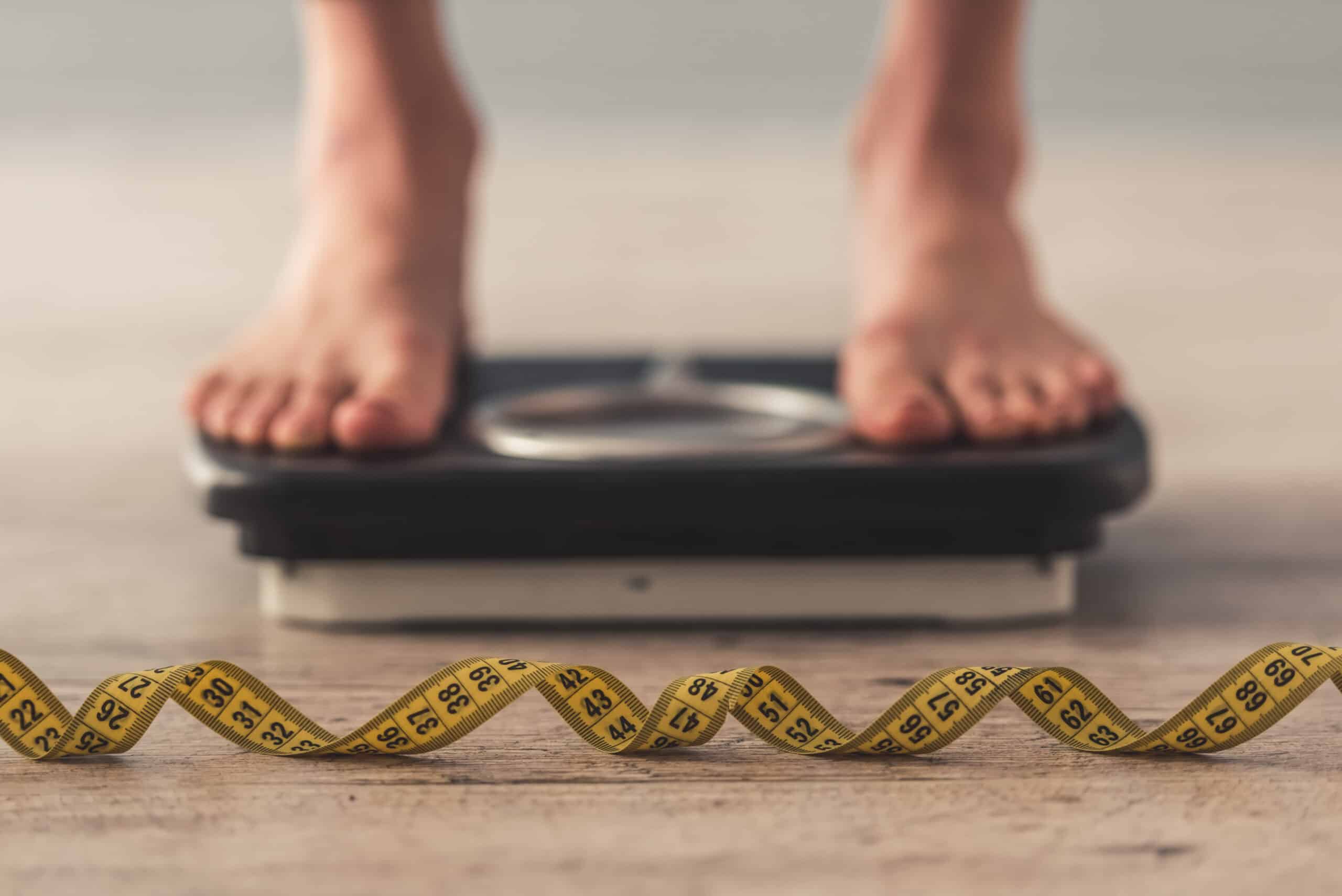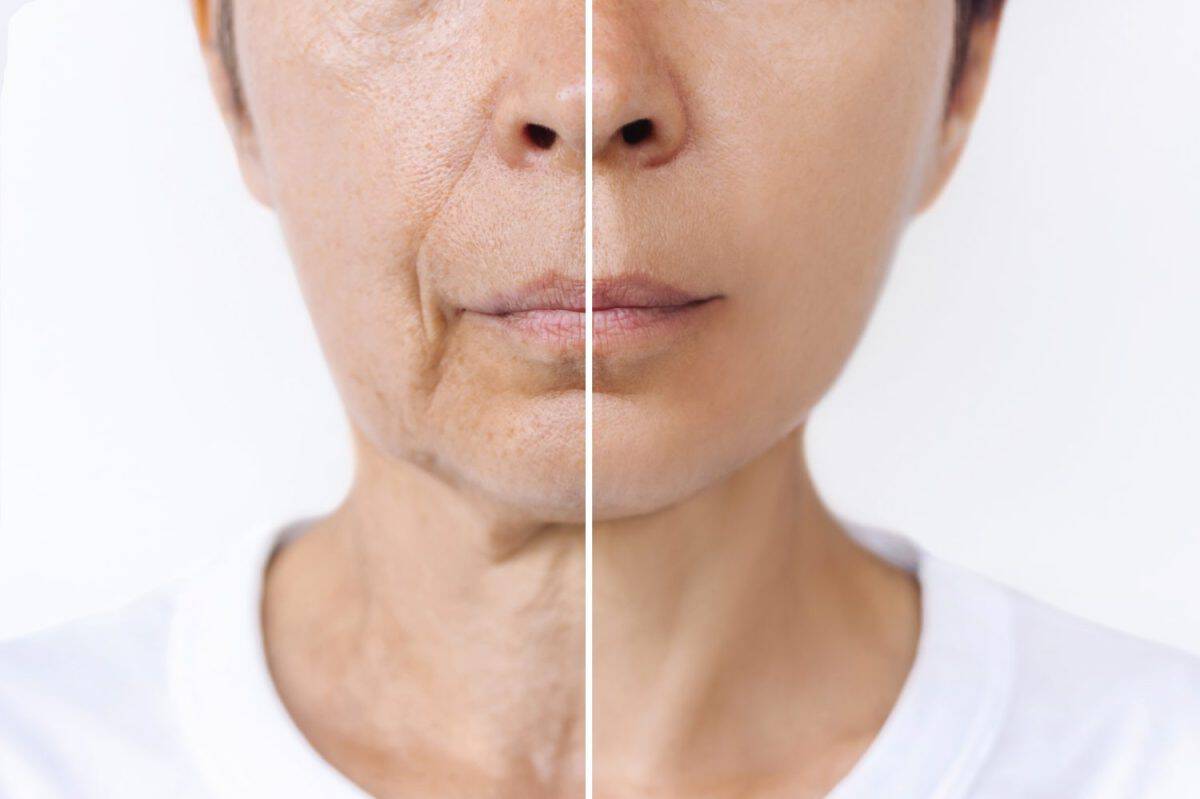Each of our parents plays a unique role in our lives by giving us 50% of each parent’s genes. However, there are certain traits that are linked directly to the mother. These could be certain parts of our personality, physical features, and even intelligence. These are the traits you got from your mother.
Sleep Pattern

©fizkes / iStock via Getty Images
Mothers can pass on their sleeping traits to their children. Those with insomnia get less sleep and fall asleep later. So, how much sleep does one need? Newborn babies should sleep for about 16–18 hours per day. Preschool children need between 10 and 12 hours per day. Older children, teenagers, and adults need between 7 and 9 hours each night.
Body Shape

©Prostock-studio/Shutterstock.com
We know that muscle mass, bone structure, and frame size are inherited; however, research is still being conducted. If your mother is apple or pear-shaped, does this mean you will have the same body shape? According to studies, 80% of your body fat is influenced by your DNA. Additionally, by leading a healthy lifestyle and regular exercise, you can maintain a healthy body weight.
Eye Conditions

©Elena Kurkutova/iStock via Getty Images
Color blindness:This trait is linked to the X chromosome and usually affects males because they do not have another X chromosome. Furthermore, it usually affects 1 in 200 women and 1 in 12 men.
Pathological myopia: Your eye structure and eyesight are inherited from your mothers. If your mother had this condition when she was young, then there is a chance that you too may have weak eyes.
Intelligence

©David Pereiras/Shutterstock.com
According to research, children are more likely to inherit their intelligence from their mothers. The X chromosome is believed to carry the intelligence gene. While women carry two and men only one of the X chromosomes, it is believed that women transmit intelligence.
Temperament

©Motortion Films/Shutterstock.com
Your mother’s temperament can be learned, and it can be passed down to you whether she is calm or has a hot temper. It is affected by your DNA, personal experiences, and upbringing. Scientists have discovered that 50% of those who suffer from depression are caused by genetics, and the other 50% are caused by physical or psychological factors. Additionally, a study that was published in the Journal of Behavioural Brain Research discovered those who carry a certain type of allele are more likely to be angry than those without this allele. Should you suffer from anger issues or depression, you should speak to your parents or reach out to a professional for help.
Physical Features

©New Africa/Shutterstock.com
Varicose veins, hair color, skin, hairline, and hair texture, are physical features that you inherit from your mother. You may even have your mother’s eye color.
Weight Loss

©VGstockstudio/Shutterstock.com
Each person has two different types of fat: white fat and brown fat. Your mother carries more brown fat, which she passes on to you. It is said that brown fat helps increase your metabolism and helps maintain a healthy body weight.
Ability to Focus

©MGARCIA_CREATIVE/Shutterstock.com
If the mother has low levels of serotonin, the child may have a higher chance of developing ADHD. Serotonin is an important factor that is vital for brain functions, impulse control, mood swings, and attention span.
Menstruation and Menopause

©
It has also been mentioned that girls usually take after their mothers when it comes to starting menstruation and menopause.
Chronic Hereditary Disorders

©Jo Panuwat D/Shutterstock.com
Known as mitochondrial diseases, these can appear at any age and can affect the pancreas, brain, eyes, nerves, heart, muscles, ears, liver, and kidneys. Other disorders can result in secondary mitochondrial dysfunction that might affect other diseases such as cancer, Alzheimer’s disease, diabetes, Lou Gehrig’s disease, and muscular dystrophy.
Signs of Aging

©Marina Demeshko/Shutterstock.com
It’s always important to protect your skin and wear sunscreen daily. Due to the mother’s mitochondrial DNA, babies can inherit the physical signs of aging. However, signs of aging are also influenced by free radicals, sun exposure, and environmental factors.
The image featured at the top of this post is ©FamVeld/Shutterstock.com.
